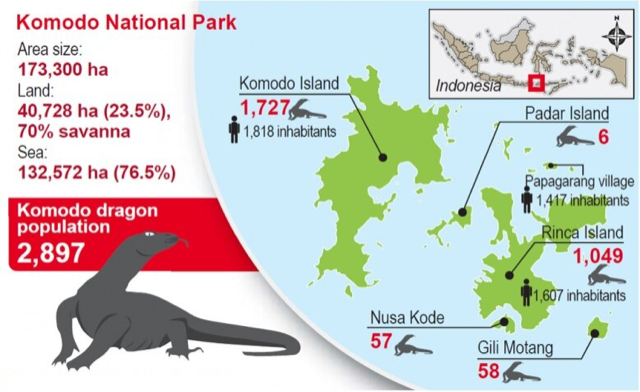UPSC Articles
INTERNATIONAL / SECURITY
Topic: General Studies 1 & 2:
- Contemporary World History (UN & its challenges)
- Important International institutions, agencies and fora- their structure, mandate.
UN and the new Multilateralism
Context: September month ought to have been a moment of celebration for the United Nations — the 75th anniversary of its founding. The coronavirus has exposed the structural weakness of UN system that was set up amidst the ruins of the Second World War
Criticism of UN in the wake of Pandemic
- The UN has been unable to respond effectively to the once-in-a-century global crisis triggered by the coronavirus.
- At the UN Security Council, China blocked a serious discussion on the origin and sources of the crisis.
- While the World Health Organisation did move a bit in that direction, the US was not satisfied with the outcome and walked out of the forum.
How has International Politics affected UN functioning over the years?
- Realism at the core of UN System: UN, was meant, by design, to be a concert of great powers who had a permanent seat in the Security Council. Cooperation among the great powers was the precondition for its success in the security arena.
- During the Cold War, Washington and Moscow were at each other’s throats and the UNSC was deadlocked.
- During the brief unipolar moment of the 1990s, post-Soviet Russia was willing to acquiesce to the sweeping US agenda for global security. China was feeling its way around multilateral institutions and avoided any challenge to the US and West.
- In 2000s, Russia and China began to offer resistance to US dominance.
- Present Situation is that of Political Fragmentation: The conflict between the US on the one hand and China and Russia on the other has become full-blown. To make matters more complicated, the West itself is divided
What are India’s prospects vis-a-vis UN in coming days?
- Pessimist thinking: The current political fragmentation augurs poorly for India’s two-year tenure at the UNSC starting next January 2021.
- Optimist thinking: This is an opportunity to restructure India’s traditional approach to the UN.
- Activist thinking: There are huge possibilities for enhancing India’s multilateral standing.
What steps should India take in future with regard to UN?
- Understand the Reality: India should shed the illusion of expansion of UNSC in near future. It should accept the reality that UNSC reform is unlikely to happen soon
- Develop Multilateral Agenda: India should develop a multilateral agenda of its own despite UNSC being dysfunctional like it did in the past (decolonisation, disarmament and new international economic order during Cold War era)
- Understand the Objective of Multilateralism: The primary objective of India’s present multilateralism must be to ensure its territorial integrity in the wake of aggressive China & Pakistan
- Play Active role in rule making: The rules governing economic, technological and environmental areas are now up for a significant overhaul and India should help set the agenda.
- Increase India’s share in UN Budget: Delhi can’t hope to expand its international influence on the cheap. India’s share in the UN budget stands at 0.7 per cent. The shares of China, Japan and the US are at 8, 10 and 22 per cent respectively. Raising Delhi’s contribution to at least one per cent might convince its partners that India is serious about pursuing a more vigorous multilateralism.
Conclusion
In writing the new rules and reshaping the global order, India needs to strengthen its recent turn to a more dynamic coalition building.
Connecting the dots:















